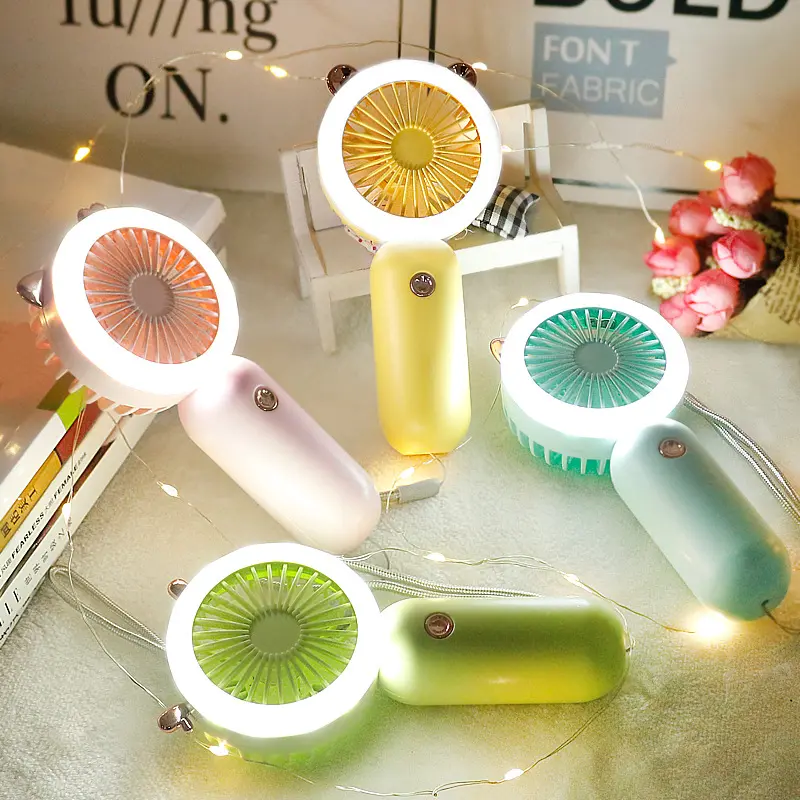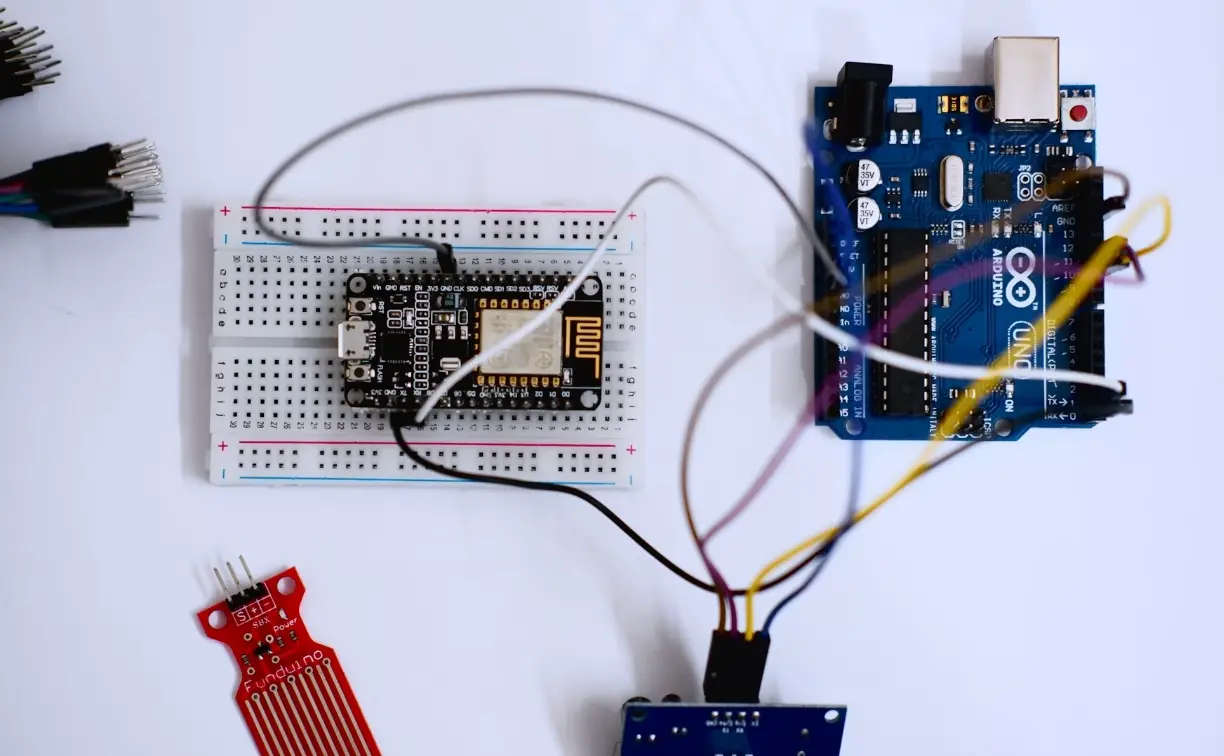
What Are the RoHS Testing Standards?
RoHS, an acronym for the Restriction of Hazardous Substances, is a mandatory standard legislated by the European Union. It aims to regulate the materials and processes used in electronic and electrical products to promote human health and environmental protection. Officially implemented on July 1, 2006, its objective is to eliminate six hazardous substances from electronic and electrical equipment: lead (Pb), mercury (Hg), cadmium (Cd), hexavalent chromium (Cr6+), polybrominated biphenyls (PBBs), and polybrominated diphenyl ethers (PBDEs) (note: PBDE is the correct term in Chinese; "polybrominated diphenyl ethers" is incorrect). Cadmium content is specifically restricted to a maximum of 0.01%.
RoHS Directive Number: 2011/65/EU
The general European RoHS Directive 2011/65/EU requires testing for six substances:
- For non-metal materials: lead (Pb), cadmium (Cd), mercury (Hg), hexavalent chromium (Cr6+), PBBs, and PBDEs.
- For metal materials: lead (Pb), cadmium (Cd), mercury (Hg), and hexavalent chromium (Cr6+).
How Much Does ROHS certification Cost?
The precise cost of ROHS Testing depends on the product's complexity. To determine the cost, you need to provide product images and a materials list. Pricing varies based on the complexity of RoHS assessment, technical consultation, and testing.
What Is the Validity Period of RoHS Certification?
RoHS certification does not have a fixed validity period. If the official RoHS testing standards remain unchanged, the original RoHS certificate remains valid indefinitely.
Does RoHS Certification Require Factory Audits or Incur Additional Costs?
Unlike certifications such as CCC or UL, RoHS certification focuses solely on chemical analysis of samples. Therefore, no factory audits are required. If the product and testing standards remain unchanged, there are no additional costs after the initial certification.
New Standard: RoHS 2.0
Under RoHS 2.0, outlined in Directive 2011/65/EC, the number of regulated substances increased from 6 to 10. The additional substances are:
- Dibutyl phthalate (DBP)
- Butyl benzyl phthalate (BBP)
- Bis(2-ethylhexyl) phthalate (DEHP)
- Hexabromocyclododecane (HBCDD)
If RoHS testing for all 10 substances is not explicitly required, it is generally assumed that testing for 6 substances will suffice for non-metal materials.
Products Covered by the RoHS Directive
The scope of RoHS is extensive, encompassing nearly all electronic, electrical, medical, communication, toy, security, and information products. It applies not only to finished products but also to the components, raw materials, and packaging materials used in their production, covering the entire production chain.
Email:hello@jjrlab.com
Write your message here and send it to us
 FCC Certification Fees for Handheld Fans
FCC Certification Fees for Handheld Fans
 FCC Certification Testing for Smart Lighting Produ
FCC Certification Testing for Smart Lighting Produ
 What is the ETSI EN 303 645 Testing Standard?
What is the ETSI EN 303 645 Testing Standard?
 UL Compliance and ETL Certification for LED Lighti
UL Compliance and ETL Certification for LED Lighti
 What is the IEC 60598 Standard?
What is the IEC 60598 Standard?
 What is the Canada IC Logo?
What is the Canada IC Logo?
 EMC Pre Compliance Testing
EMC Pre Compliance Testing
 PAHs Testing (Food and Textile)
PAHs Testing (Food and Textile)
Leave us a message
24-hour online customer service at any time to respond, so that you worry!




